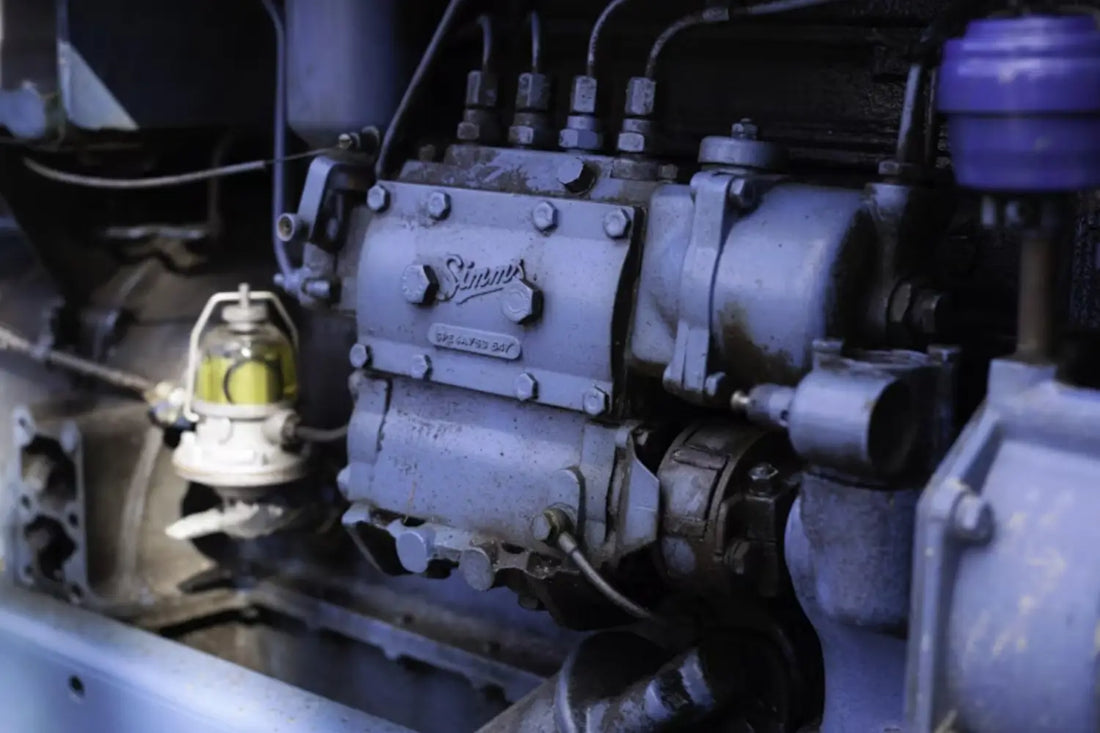
The Importance of Insulation Resistance Testing in Industrial Servo Motor Repair
Jitendra PatiServo motors are the backbone of modern automation. They control precision equipment, robotic arms, conveyors, and countless other systems that keep industries running smoothly. In Canada’s manufacturing sector, downtime caused by servo motor failure can quickly turn into significant production losses. That is why industrial servo motor repair in Canada is not just about fixing what is broken but about ensuring reliability and performance. One crucial step in this repair process is insulation resistance testing, a practice that directly impacts safety, motor efficiency, and long-term dependability.
What Is Insulation Resistance Testing?
At its core, insulation resistance testing is a diagnostic method that checks the condition of a motor’s electrical insulation. Insulation acts as a protective barrier between the conductive windings and the motor’s frame, preventing short circuits, leakage currents, and dangerous failures. Over time, insulation degrades due to heat, dust, moisture, or vibration, all factors commonly present in industrial settings. By applying a controlled voltage and measuring resistance, technicians can identify whether the insulation is healthy, borderline, or failing.
Why It Matters in Servo Motor Repair
Skipping insulation testing during a motor repair is like fixing a car engine without checking the oil. It might work for a while, but the risk of breakdown is high. In servo motors, even minor insulation failures can lead to erratic movements, control errors, or complete stoppages. For industries that depend on precision and uptime, this is not an option.
Professionals performing industrial servo motor repair in Canada often highlight insulation resistance testing as the first line of defence. It allows them to:
· Detect early signs of insulation weakness before catastrophic failure.
· Prevent costly unplanned shutdowns.
· Ensure the repaired motor meets safety and quality standards.
Protecting Against Environmental Stress
Canada’s industrial environments present unique challenges for servo motors. Temperature fluctuations, exposure to moisture, and heavy dust in facilities can accelerate insulation deterioration. Without regular testing, these issues remain hidden until the motor fails unexpectedly. Insulation resistance testing provides a window into how well the motor can withstand these environmental stresses. By identifying risks early, technicians can apply corrective measures such as rewinding, varnishing, or replacing insulation components, restoring the motor’s resilience before it returns to service.
Safety Comes First
Beyond efficiency, insulation resistance testing plays a huge role in workplace safety. Faulty insulation can cause electric shocks, short circuits, or fires. For industries that run heavy machinery, this is a non-negotiable risk. Technicians trained in industrial servo motor repair in Canada understand that safety checks cannot be an afterthought. Testing the insulation ensures that employees are not exposed to electrical hazards, and facilities remain compliant with safety regulations.
Long-Term Cost Savings
Some companies hesitate to invest in detailed diagnostic processes, thinking it adds extra cost. In reality, the opposite is true. A failed motor can halt production, damage connected systems, and require expensive replacements. Regular insulation resistance testing as part of the repair process minimises these risks. It extends the lifespan of servo motors, reduces emergency repairs, and saves both time and money in the long run.
Building Confidence in Repairs
When an industrial facility sends its servo motor for repair, it expects a reliable outcome. Insulation resistance testing builds trust between repair providers and clients by proving that the motor has been thoroughly evaluated and is safe for operation. It is not just a technical step; it is a quality assurance practice that ensures industries can depend on their equipment once it is back on the production line.
Some Final Thoughts
Insulation resistance testing may sound like a small part of the repair process, but it carries a big impact. It safeguards people, prevents costly downtime, and ensures motors deliver peak performance in challenging industrial environments. For companies relying on precision equipment, ignoring this step is like leaving the factory doors unlocked and inviting serious problems. The next time you think about industrial servo motor repair in Canada, remember that insulation resistance testing is not optional; it is the hidden hero that keeps industries moving forward.
